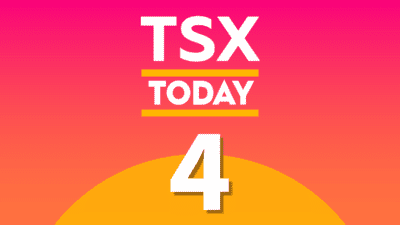On Thursday, Dollarama (TSX: DOL) proved that its stock price is in fact capable of going down, something that hasn’t happened very often since the company became public. After reporting earnings for the first quarter of fiscal 2015, investors reacted by sending the company’s shares down nearly 3%. So what happened?
A little light
The company’s results were very strong by almost any standard. Sales increased almost 12% year over year, or 3.3% on a comparable-store basis. The company also opened 25 net new stores, ending the quarter one short of 900, and remains on track for its store growth plans this year. Margins held firm too.
But this is Dollarama, a company trading above $90 per share despite making only $3.47 per diluted share last fiscal year. Investors are used to getting plenty of growth to compensate for that share price premium, and were not completely satisfied in the first quarter. In Dollarama’s defense, the company had to deal with very poor weather this winter, something affecting all retailers.
Buying back shares
For investors committed to holding Dollarama’s shares over the long term, it should be good news that the company’s shares slid today. This is because Dollarama has renewed its Normal Course Issuer Bid, allowing the company to buy back up to 3.5% of its outstanding shares. The lower the share price, the more shares that can be repurchased — over the long run, this will create more value.
So should you add Dollarama to your portfolio?
A 3% slide is not drastic enough to turn an expensive stock into a cheap stock. Dollarama is a perfect example; its shares are still very pricey. To illustrate, over the past 12 months, Dollarama has made $3.63 per diluted share, and with its shares trading at $92.65, its P/E ratio is over 25. Clearly, there is still plenty of optimism over the company’s ability to grow revenue and earnings.
A much safer option at this point would be a retailer like Canadian Tire (TSX: CTC.A), a company that requires little to no growth to justify its stock price. Canadian Tire trades at only 15 times earnings despite owning some very valuable assets, such as its credit card portfolio and real estate, both of which have been monetized recently.
Still, Dollarama has been expensive throughout its life as a public company, and it never seemed to matter. Even when it first became public at less than $20 per share, it was expensive. So if you bought the shares back then, congratulations — there’s no reason to give up on Dollarama today.







